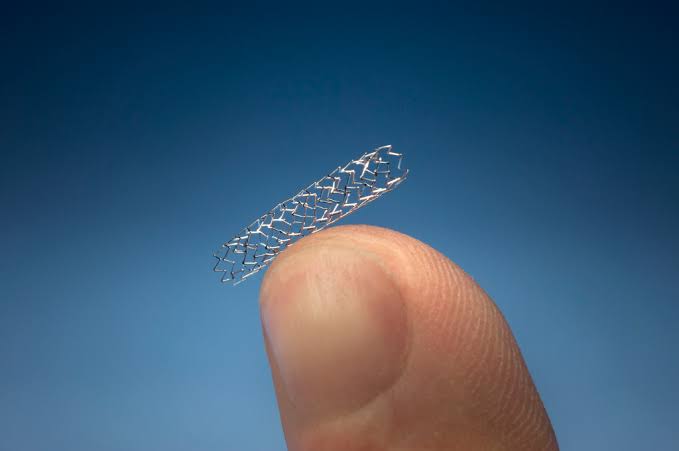Continued research and development have not only resulted in highly efficient performance but also reduced the costs of coronary stents by about 80 %, said medical technologist, Dr. Vandana Patravale.
She was speaking at a plenary session on “Nanobiotechnologyin Socio-Economic Development,” during the 108th Indian Science Congress hosted by Rashtrasant Tukadoji MaharajNagpur University.
Prof K Byrappa, Secretary General, Asia Pacific Academy of Materials, Pro-VC and Dean, Research AdichunchanagiriUniversity chair the session.
A Professor at the Department of Pharmaceutical Sciences and Technology, Institute of Chemical Technology, Mumbai Dr.Patravale started off her talk with a brief explanation regarding chronic artery disease and myocardial infarction.
Her talk focused on the technology, challenges and the opportunities associated with development, scale up and technology transfer of the same giving real time case studies which led to commercializing of the stents indigenously developed in India and in more than 65 countries.
She said, Around 96% of percutaneous coronary intervention procedures employ stents revolutionizing the use of drug eluting stents which specifically overcome all the disadvantages associated with bare metallic stents. Fabrication of such stents requires culmination of efforts of multiple disciplines viz material sciences, mechanical engineering, chemical engineering, chemists, pharmaceutical scientists, pharmacologists, biotechnologists, radiologists, intervention cardiologists and statisticians.
She highlighted the 5% annual growth in the CAD treatment market and the need for increasing affordability. She also informed that the patented technology developed at the Institute of Chemical Technology has helped in reducing the prices of stents by almost 80%.
Education is the foundation of women’s empowerment. When combined with institutional frameworks and interventions, innovative use of technology may go a long way toward establishing entrepreneurship possibilities for women at the grassroots level, said Dr Shashi Bala Singh, Director, National Institute of Pharmaceutical Education and Research (NIPER), Hyderabad.
Dr Singh stressed that women need to focus on keeping technology competence up, building networks and engaging with their teammates.
Dr Devendra Agrawal presented a token of appreciation to Prof K Byrappa, followed by felicitation of the speakers at the hands of the session chair. The proceedings were conducted by Dr Payal Thaorey, HoD, Department of Law, RTMNU.
👉 Click here to read the latest Gujarat news on TheLiveAhmedabad.com





